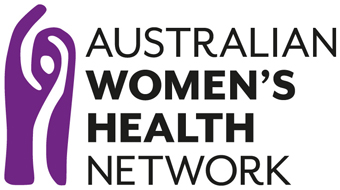DOING BETTER Gender-Transformative Public Health Messages Vol. 1 – Guidelines Vol. 2 – Worksheets
Publisher: Australian Women’s Health Network, 2013
Status – CURRENT
This resource introduces guidelines for creating gender-transformative public health messages. Gender-transformative messages have a dual aim – to improve health and to improve gender equity at the same time. This resource describes guidelines for thinking about gender-transformative public health messages, guidance on how to create and use them, and background on why it is so important to public health.


PLAIN LANGUAGE SUMMARY Women carers are more diverse than once thought
/in Australia-wide, Evidence / Statistics /by adminPublisher: Australian Longitudinal Study on Women’s Health, 2016
Status – CURRENT
A University of Queensland study has challenged perceptions about women providing care for disabled, ill or frail family members. The study examined the patterns of caring undertaken by more than 26,000 young and mid-age Australians.
Chronic diseases in Australia: Targets, indicators and accountability – Policy forum report
/in Australia-wide, Government Policy, Policy Development Tool /by adminPublisher: Australian Health Policy Collaboration, 2015
Status – CURRENT
At a forum on 25 November 2015, representatives from seven working groups and the broader public health sector came together to discuss chronic disease targets and indicators. The working groups covered the topics of mortality, morbidity and high risk populations; alcohol; salt; physical inactivity; tobacco; diabetes and obesity; and mental health. Attendees supported development of a prevention scorecard.
Building effective policies and services to promote women’s economic security following domestic violence: State of knowledge paper
/in Australia-wide, Evidence / Statistics, Practice Guidelines /by adminPublisher: Anrows, 2015
Status – CURRENT
This state of knowledge paper outlines what is currently known about the economic tactics and financial impact of domestic violence, and ways to promote women’s economic security during and following violence.